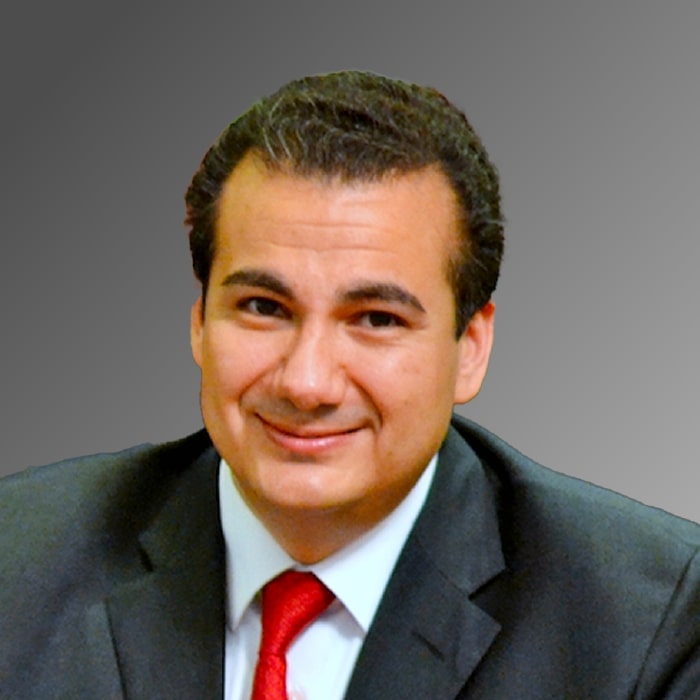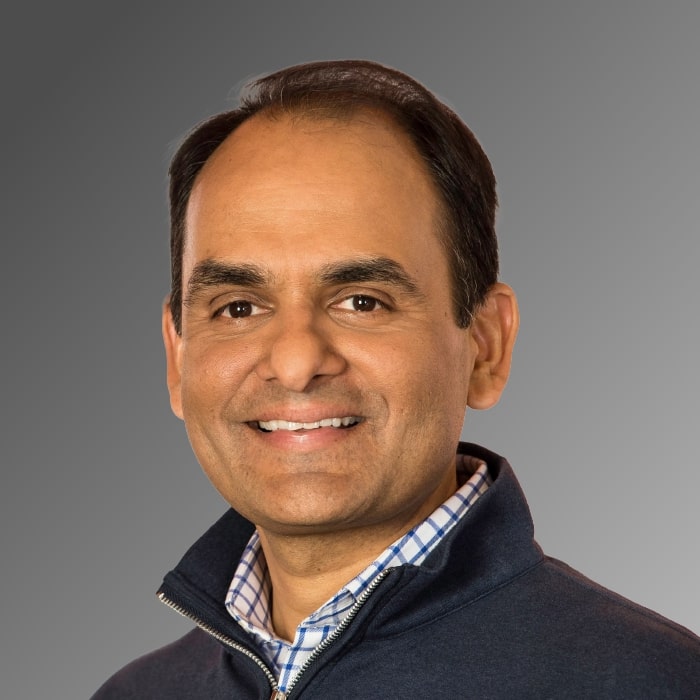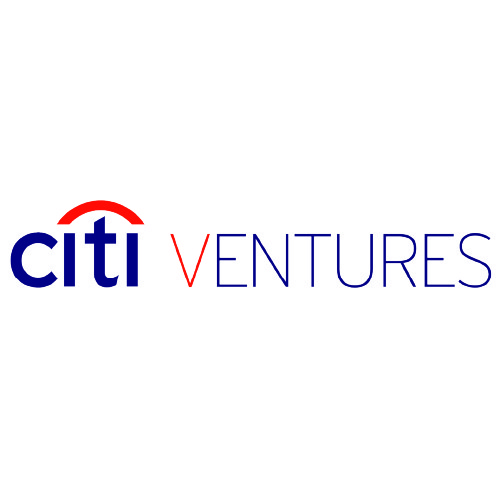Navigating Corporate Growth and Kickstart Ecosystem Expansion
May 15, 2024
Interviewed by Nicolas Sauvage on August 30th, 2022
Rosario Cannata, principal at EDP Ventures, told Corporate Venturing Insider host Nicolas Sauvage, president of TDK Ventures, about his journey into corporate venture capital. He explains how he began working in project finance and mergers and acquisitions for multinational energy companies in the US and Latin America.
However, it was the Brazilian financial crisis in Brazil in 2015 that sparked his interest in venture capital when he observed that while big corporations had trouble raising capital, startups were becoming unicorns. This led him to start talking to entrepreneurs and making his first-ever investment in a startup.
Early Stage Investing
Given Rosario’s extensive background in entrepreneurship and finance, it is not surprising that he believes individuals contemplating a career in CVC or financial VC should consider angel investments if financial circumstances allow. Today’s information landscape is more favorable, providing prospective angel investors with tools to study and engage in more substantial deals, he said. However, this landscape is not short of its challenges. With startups wielding the power to choose their investors, successful angel investments must bring more than just financial backing — they require the ability to add unique value.
CVC professionals are a unique breed, as they often straddle the worlds of mergers, acquisitions, and innovation. The blend of strong M&A skills and innovation prowess is essential, given the multifaceted nature of the role. Effective negotiation of equity investments, convertible notes, and other financial vehicles is as critical as keeping an open mind and honing interpersonal skills. The latter becomes instrumental in building relationships with startups and facilitating their integration within the larger corporate framework.
The level of involvement and oversight in startup governance can vary depending on its maturity. Early-stage startups may require less governance and more autonomy to allow for experimentation and growth while still benefiting from guidance to become more professional and demonstrate value to the market. As the startup grows and matures, oversight can increase to ensure accountability and responsible decision-making. Ultimately, the goal is to strike a balance between operational mentorship and innovative freedom.
Financial VC or Corporate VC?
Financial and corporate VCs both bring value. Their involvement in the startup ecosystem infuses capital and astute strategic counsel. Rosario observes that while financial VCs might exude a more founder-centric approach, it’s the corporate VCs who truly deliver intelligent capital, leveraging their capacity to forge tight-knit collaborations with business segments and lend the engineering and technical acumen that fuel growth. Venture capital, be it financial or corporate, emerges as the paragon of investment. However, the true magic happens when the two dance to the same beat, generating a harmonious blend of expertise. Co-investment with financial partners enhances the probability of a founder-friendly agreement.
Value creation is where Corporate VCs truly shine, Rosario explained. While every investor claims to bring value, corporate VCs elevate this notion by harnessing the concept of “real smart money.” By seamlessly integrating with business units within their organization and leveraging their vast networks and resources, corporate VCs don’t just invest, they strategically navigate the startup’s journey with hands-on guidance, technical expertise, and unmatched strategic acumen.
Investment Thesis
Constructing an investment framework that thrives demands a profound understanding of the organization’s aspirations. It is here that the venture team’s role takes center stage. Beyond surface-level considerations, the venture team collaborates closely with the business units, gaining a comprehensive grasp of the company’s overarching goals.
Rosario describes his strategic blueprint as a top-down approach emanating from an organization’s goals. He cites EDP’s long-term goal of spearheading a future with entirely renewable energy sources. This ambitious aim necessitates a multifaceted approach, including investment in startups that improve efficiency in renewable energy, explore novel energy production methods, and advance technologies related to green hydrogen.
Rosario acknowledges the constant flux of the startup landscape, organizational strategies, and external factors and argues that a venture team needs to remain agile and ready to recalibrate their investment thesis and adapt to the shifting tides of innovation.
“The CVC is separated from the organization. We have pros and cons in that strategy, but you always need to have close relationships with experts, with the business unit,” he said.
The investment team must work collaboratively with the domain managers and business units because it is from this collaboration that startups derive value. This collaboration also ensures that startups are not just suitable from a financial standpoint, but also from a strategic value standpoint that will resonate with the broader organization.
Brazil in the Venture Capital Landscape
Brazil, with a population exceeding $200 million, represents a mammoth market on a global scale. An important distinction from some parts of Europe, Brazil’s population is predominantly young and open to technology adoption, making it an ideal landscape for startups in the business-to-consumer sector. A large population with a tech-enthusiastic disposition creates a ripe environment for startups to scale rapidly, transforming the Brazilian market.
As Rosario explains, the metamorphosis of the Brazilian startup scene began around 2015, when it started garnering recognition and witnessed an influx of investments. This transformation is attributed to the growth of local and international venture capital investments, corporate venture capital initiatives, and business accelerators. In the last seven years, the ecosystem has undergone remarkable growth, nurturing homegrown talent and fostering technological innovation across sectors. One noteworthy testament to this evolution is the rise of fintech unicorns within the Brazilian ecosystem. These companies not only demonstrate the potential of the nation’s technological capabilities but also underline its capacity to give birth to global success stories.
Rosario concluded his interview by explaining the journey from initial investment to subsequent closings and how they can potentially evolve into full-fledged M&As, blurring the line between the two growth tactics. Within this structure, the strength lies in preserving the balance of power — a nuanced equilibrium that distinguishes venture capital from M&A. While M&A endeavors bring forth their own set of dynamics, it’s imperative that the venture capital teams maintain an awareness of the fine line they tread.

 After committing to a startup investment, it becomes imperative that, as a CVC, you avoid assuming full control over the business. Instead, strive to establish a harmonious dynamic—a synergy—wherein you offer apt support and guidance while affording the company the autonomy to pursue its own direction.
After committing to a startup investment, it becomes imperative that, as a CVC, you avoid assuming full control over the business. Instead, strive to establish a harmonious dynamic—a synergy—wherein you offer apt support and guidance while affording the company the autonomy to pursue its own direction. 


















